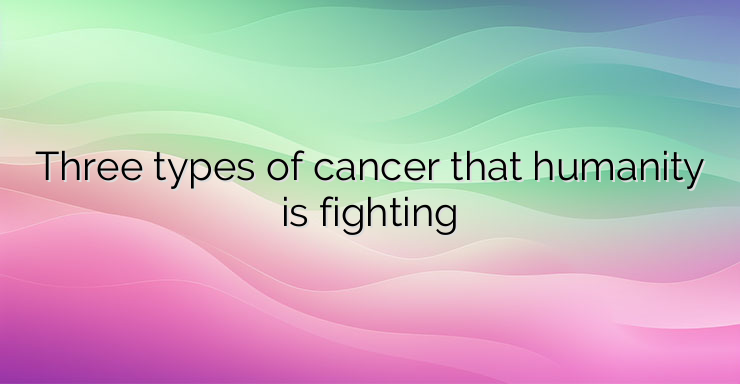According to WHO experts, humanity has a great chance to deal with several types of cancer in the near future. That’s why? A vaccine against cancer In ten years, humanity will not be able to defeat cancer, but it can deal with some of its types, said Melita Vujnovich, WHO representative at the Moscow Oncology Forum. Medicine is on the verge of defeating cervical cancer, which is currently considered the fourth most common cancer among women. 570 thousand new cases are registered per year. 7.5% of deaths due to oncological diseases are due to this type of cancer. The disease is well known, and an effective vaccine has been developed against its causative agent, the human papilloma virus. Research so far has shown that women who were vaccinated at the age of 12-13 with it after ten years do not suffer from pre-tumor or tumor pathology of the cervix. The same could not be said for unvaccinated ladies. There are practically no side effects from the vaccine. Unexplained neurological symptoms such as headache are extremely rare (4 in 100,000). The data on the more severe consequences of those vaccinated, reported in 2016, have not been confirmed. The first mass immunized girls against cervical cancer were from Australia in 2007. In 2017, cases of precancerous pathology and cervical cancer among women aged 18 to 24 halved, and infections with the virus decreased almost 20 times – from 22.7 to 1.5%. At this rate, by 2066, cervical cancer will have completely disappeared from the continent. Australia’s example is followed by many countries – 98. The WHO informs that vaccines are not enough. Therefore, it is important to carry out regular screening of women and to diagnose precancerous changes and cervical cancer in time. When detected at an early stage, this cancer is curable. Then, it is financially cheaper to treat the condition in the pre-cancerous stage than to then carry out the really traumatic, expensive and insufficiently effective treatment of advanced cervical cancer. Expect continuation Source: RIA Novosti


Leave a Reply